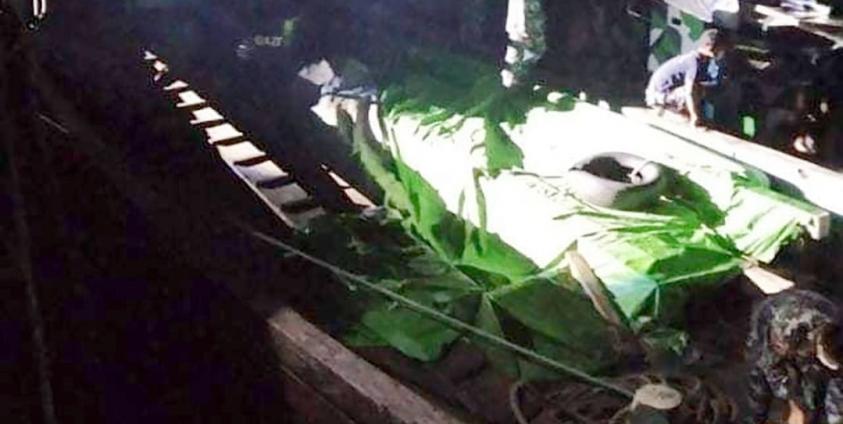Despite the depletion of forest resources in Arakan State and the need for timely conservation efforts, illegal logging has been increasing during Myanmar’s current political unrest, said Dr. Maung Maung Kyi, chairman of the Rakhine Coastal Region Conservation Association (RCA).
He continued that while forest resources in Arakan State were declining due to over-exploitation, the current political instability was exacerbating the situation and could lead to ecosystem degradation if not managed in time.
“The Forest Department is no longer able to patrol forests as before due to political instability and some foresters joining the anti-coup campaign called Civil Disobedience Movement (CDM). As a result, more and more people are smuggling timber and extracting illegal forest products,” he said.
In the past, there were more than 400,000 acres of mangroves in Arakan State, but now there are only about 200,000 acres and more terranean forest areas are also declining, according to data compiled by the RCA.
“Although the exact list is not available, this data is based on reports presented by our staff in every township. I think this is due to the food crisis and insecurity of the people during this period,” Dr. Maung Maung Kyi said.
U Kyaw Kyaw Naing, a local resident in Ramree town, said deforestation was thought to be a consequence of illegal timber production and over-harvesting.
“Previously, boats were used to cut down trees inside the Wun Paik mangrove forest in Ramree Township, the largest of its kind in Arakan State. Roads are now being used to cut down large trees in the forest,” he said.
More than 5,000 tonnes of illegal timber logs were confiscated last year, with a total value of up to K400 million, according to the Arakan State Forest Department.
DMG contacted Arakan State Forest Department officials to enquire about how many tonnes of timber have been seized so far this year and how it is taking care of the state’s forests, but they could not be reached.
Forest resources include teak and other hardwoods, as well as all bamboo, rattan and related materials.
Myanmar’s woodlands are biodiverse and are mainly composed of deciduous, semi-evergreen and tropical evergreen forests, containing nearly 12,000 recorded species.







